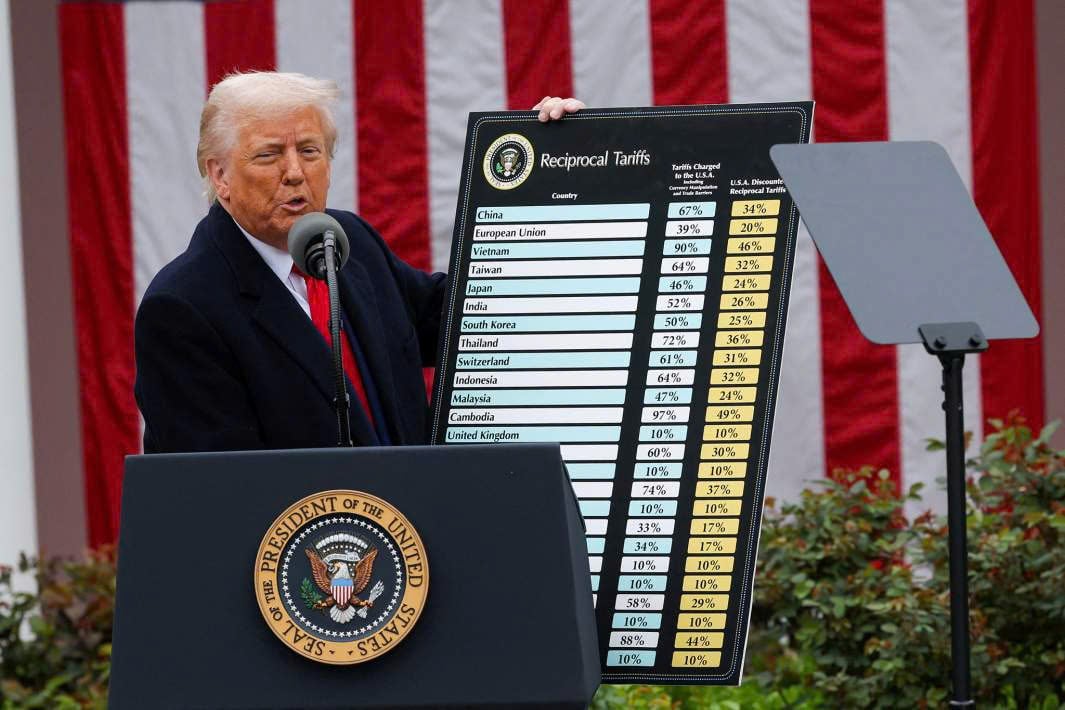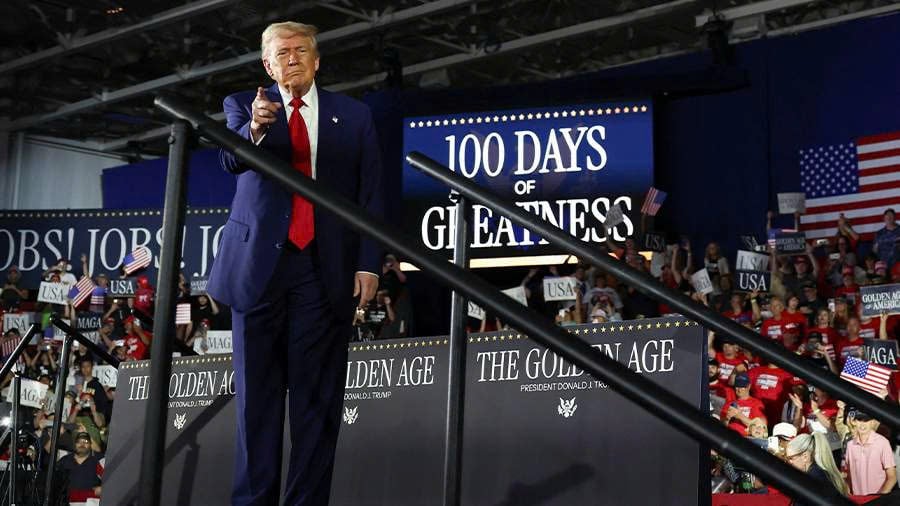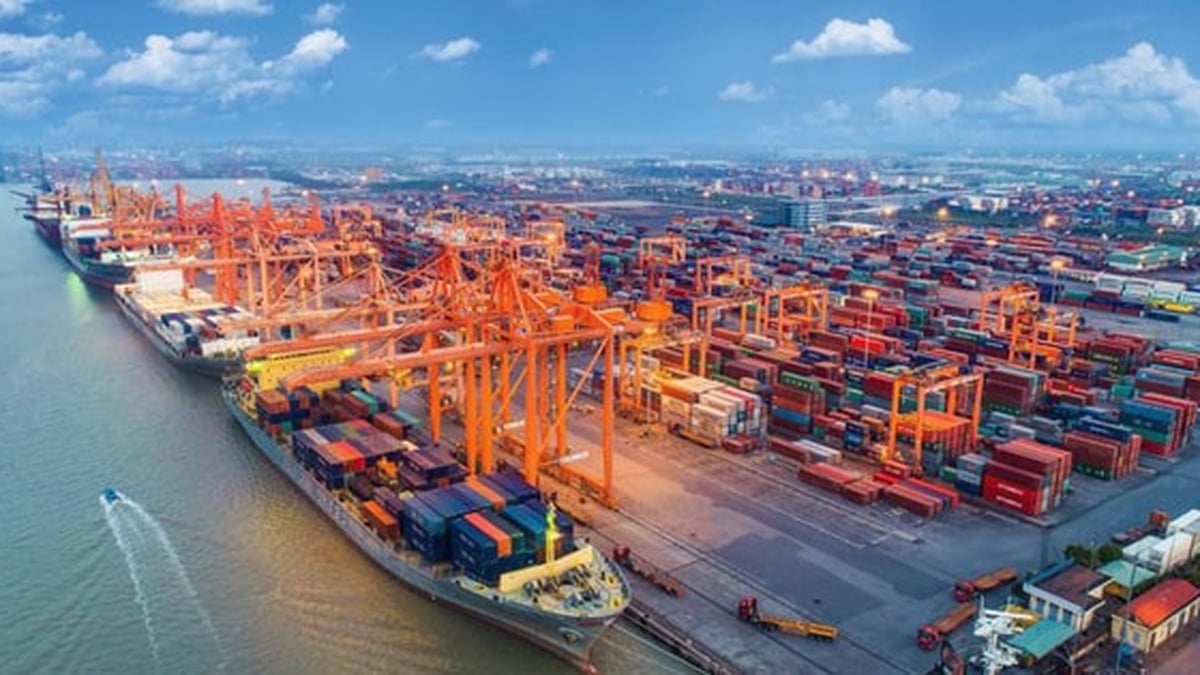Unmet expectations
Many supporters of President Donald Trump expect a revolution in the first 100 days of his presidency. But the core objectives of the Trump administration—the fight against left-wing liberalism and the determination to “drain the swamp” of Washington—which are seen as symbols of the sweeping reform that Trump has promised—are clearly not going to be accomplished overnight. Dismantling the massive federal government will not be a one-time event, but a gradual process that will require time and persistence.
With government reform increasingly becoming a protracted battle that could last the entire four-year term, the Trump administration may have to make economic progress its biggest selling point. But even in this key area—which has always been a deciding factor in any president’s popularity—the current administration is facing major challenges and signs of running out of steam.
After winning the 2024 election, President Donald Trump is expected to push for a new tax reform program - a move that contributed to the stock market's sharp rise immediately after the results were announced. The middle class, especially those feeling the pressure of the cost of living, has high hopes for the ability to cut taxes and improve the economy overall. Many voters who voted for Mr. Trump did not agree with his political views, but believed that his economic policies were reasonable and practical. In that context, more than a decade of skepticism about the Democratic Party's ability to manage the economy also fueled the wave of support for Mr. Trump.
But tax reform—a central plank of the Trump administration’s economic platform—is proving to be a long-term project. Congress and the administration are still negotiating, with the hope of pushing through a new tax bill within the next 100 days or later this year. While they wait for legislative progress, the Republican administration has quickly turned to another economic measure: sharply increasing tariffs on most imported goods, a move that is intended to protect domestic manufacturing but has also raised concerns about the risk of a prolonged trade war.
Despite being known as the “economic president,” Donald Trump has never hidden his image as a confrontational leader—both during his campaign and in his early days in office. The tightening of foreign economic policy was widely predicted by observers, but its scale and intensity have surprised even close allies like Elon Musk—not to mention the voting public. Tariff hikes and escalating trade tensions have led to a prolonged downturn in financial markets. Several major economic analysis organizations now forecast a decline of at least 1% in US GDP by 2025—and that’s in an optimistic scenario.
The start of a global tariff war has sparked mixed reactions within the Republican Party. Some Republicans, who have traditionally supported President Trump’s hardline stance, have also expressed concern about the massive import tariffs. Some have even publicly said they are willing to join Democrats in supporting proposals that would limit the executive’s ability to unilaterally impose tariffs—a sign of a growing rift within the conservative establishment.
All of this has led to a remarkable retreat—a temporary (official) loosening of most policies, just three days after they were announced. For President Trump’s base of voters, accustomed to him communicating not with logic but with emotional signals, this is a major blow to his image. For the first time, President Trump has had to back down in a clear and obvious way.
Politically, it might have made more sense for President Trump to stick to his policies, regardless of the economic consequences. But his instinct for self-preservation has forced him to “back off” and embark on a more complex and uncontrollable strategy. This is understandable to experts, but such a pivot is unlikely to resonate strongly with the general electorate, who expect consistency and decisiveness from a leader.
As a result, in the economic sphere, the Trump administration has not only failed to achieve its expected goals, but has also raised many doubts about its ability to govern in its first 100 days. Washington is still far from reaching economic agreements with major competitors such as China and the European Union (EU). Moreover, the inconsistency and unpredictability of the administration’s policy decisions have created a prolonged stagnation effect that could have serious consequences – not only slowing economic growth, but also directly affecting the well-being of the American people.
Meanwhile, President Trump’s other major foreign policy initiatives have yet to make the progress he hoped for. The prospects for talks with Iran are dim—although both Washington and Tehran have expressed interest in normalizing relations, years of distrust have built up between the two countries, while instability in the Middle East has kept both sides cautious. At the same time, Israel, a key ally not only of the US but also of President Trump personally, continues to raise tensions and appears unafraid to use force to resolve the issue, in the hope that the US will be forced to side with them.
Likewise, the Ukraine talks have not produced the expected results. Perhaps the most important achievement in this process is not progress in ending the conflict, but rather that for the first time in many years, representatives of the United States and Russia have been able to engage in constructive discussions on a range of issues, from diplomacy to economic cooperation. While the real goal of these discussions may be much broader, the normalization of relations between two great powers may please experts, but it is hardly an epochal achievement.
On both Iran and Ukraine, President Donald Trump and his close associates continue to talk about potential breakthroughs in the near future. However, there is no real basis for these claims, and confidence in his abilities is waning. As a result, President Donald Trump has become the president with the lowest approval rating in 80 years, at just 39% - not a disastrous number, but not comparable to the confidence he had in his early days in office.
Aiming for long term goals
However, one should not be too quick to “bury” President Trump or overestimate the lack of symbolic achievements in his first 100 days. The reforms he has initiated have certainly led to a decline in ratings, and quick results are unlikely. So these modest numbers are not unexpected for the current administration in Washington.
Although President Trump is being "targeted with many arrows", the reality of the first 100 days in office shows the complexity of the problems that Mr. Trump is facing. The lack of breakthroughs in the economy, foreign affairs or unmet expectations only "further" the belief in future victories for Mr. Trump's loyal voters. The scale of the reforms that President Trump initiated clearly cannot be wrapped up in 100 days - and even in a 4-year term, but can be a long-term strategic goal.
The nature of American foreign and economic policy over the next four years will be a bitter internal struggle and a gradual dismantling of the external world order. President Trump and his team will face many setbacks along the way. However, they intend to move steadily toward their goal: one step back, two steps forward.
The first 100 days of the Trump administration are just the beginning of a long journey. There will be more challenges and changes to come, and there is no sign that it will end anytime soon. Because, like American political life itself, it is a constant struggle — constantly testing, adjusting, and moving forward, even if the outcome may not be clear.
Hung Anh (Contributor)
Source: https://baothanhhoa.vn/100-ngay-dau-tien-cua-tong-thong-donald-trump-lui-mot-buoc-tien-hai-buoc-247541.htm


























![[Photo] National Assembly Chairman attends the seminar "Building and operating an international financial center and recommendations for Vietnam"](https://vphoto.vietnam.vn/thumb/1200x675/vietnam/resource/IMAGE/2025/7/28/76393436936e457db31ec84433289f72)











































































Comment (0)